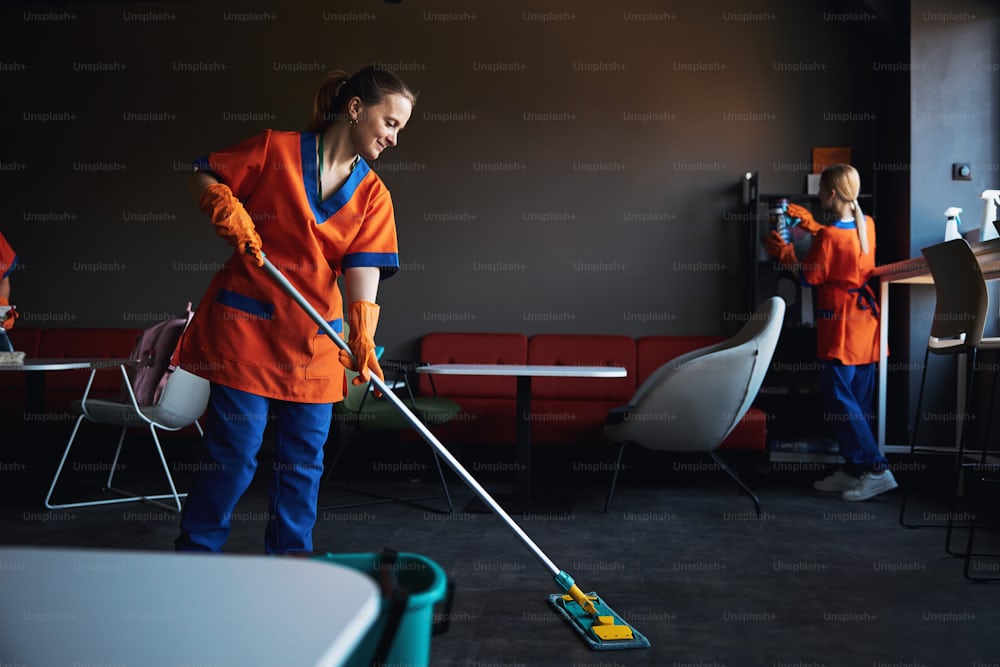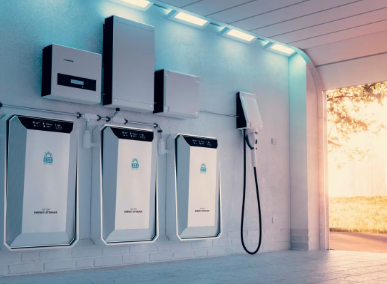In Illinois, strict privacy laws like the Eavesdropping Act make classroom cameras complex. Schools must obtain consent and focus on security to use them legally.
The topic of installing cameras in classrooms has sparked considerable debate, especially in states like Illinois. The discussion revolves around privacy, security, and the legal implications of monitoring educational environments. This article will explore whether it’s illegal to have cameras in classrooms in Illinois, understanding the legalities, and providing recommendations for schools considering this approach.
Understanding the Legalities: Are Cameras Allowed in Illinois Classrooms

The legality of cameras in classrooms is governed by a mix of federal and state laws, along with school district policies. In Illinois, the situation is complex. The state has strict privacy laws, particularly the Illinois Eavesdropping Act, which makes it illegal to record conversations without the consent of all parties involved.
This law can extend to classrooms, especially when audio recording is involved. Schools must be cautious and ensure they are not violating any privacy rights of students and staff when installing cameras.
Why is it Sometimes Illegal to Have Cameras in Classrooms:
Cameras in classrooms are sometimes deemed illegal due to the potential invasion of privacy. Students and teachers have a reasonable expectation of privacy in educational settings, and cameras can infringe on this.
In Illinois, the issue is compounded by the state’s strong privacy laws, which require careful consideration of when and how cameras are used. Unauthorized recording can lead to legal consequences for schools, making it essential to navigate the legal landscape carefully.
How to Use Cameras in Classrooms Legally:
To use cameras in classrooms legally in Illinois, schools must adhere to strict guidelines. This includes:
- Obtaining Consent: Schools should obtain consent from all parties, including parents, students, and staff, before installing cameras.
- Clear Policy Communication: Establishing and communicating clear policies on the use of cameras, including their purpose, how the footage will be used, and who will have access to it.
- Focus on Security, Not Surveillance: Cameras should be used primarily for security purposes, such as monitoring entry points or common areas, rather than constant surveillance of classroom activities.
- No Audio Recording: Avoid audio recording to comply with the Illinois Eavesdropping Act, unless explicit consent is obtained from all parties involved.
Best Security Camera Recommendations for School Classrooms:
When choosing cameras for classrooms, it’s important to select devices that are effective for security but respectful of privacy. Here are some top recommendations:
- Arlo Pro 4: Known for its high-definition video quality and advanced motion detection, this camera is excellent for monitoring classroom entrances.
- Nest Cam IQ Indoor: With its smart technology, this camera offers facial recognition and can distinguish between familiar and unfamiliar faces, enhancing security without unnecessary recording.
- Ring Stick Up Cam: A versatile and budget-friendly option, this camera can be installed in various locations and offers cloud storage for easy access to footage.
- Wyze Cam Pan: Affordable and offering a wide field of view, this camera is ideal for monitoring larger areas while maintaining budget constraints.
Also Read: How to Get Camera Footage for Accident – A Comprehensive Guide!
Benefits of Cameras in Classrooms:
Despite the legal challenges, cameras in classrooms can offer several benefits:
- Enhanced Security: Cameras can deter unauthorized access and help monitor for any potential safety threats.
- Behavior Monitoring: They can help in resolving disputes or incidents by providing an objective record of events.
- Protection of Property: Cameras can help protect school property and prevent vandalism.
- Support for Special Needs: In certain cases, cameras can assist in monitoring and supporting students with special needs, ensuring they receive appropriate care.
Laws and Regulations of Cameras in School Classrooms:
In Illinois, the laws and regulations surrounding cameras in school classrooms are influenced by federal guidelines, state laws, and individual school district policies. The Illinois School Student Records Act and the Family Educational Rights and Privacy Act (FERPA) play key roles in determining what is allowed. Schools must ensure they are not violating these laws when installing and using cameras, particularly concerning the recording and storage of video footage.
Why Cameras Might Be Illegal:
Cameras might be illegal in classrooms primarily due to privacy concerns. Recording without consent can lead to violations of privacy laws, such as the Illinois Eavesdropping Act.
Additionally, the misuse of footage, such as unauthorized sharing or distribution, can also lead to legal issues. The balance between security and privacy is delicate, and schools must navigate this carefully to avoid legal repercussions.
Classroom Cameras in Illinois Schools: Understanding the Legal Framework

The legal framework for classroom cameras in Illinois is a blend of state laws, federal regulations, and school district policies. Understanding this framework is essential for schools to ensure they are compliant.
Schools must consider the Illinois Eavesdropping Act, FERPA, and other relevant laws when implementing cameras. They should also work closely with legal counsel to develop policies that protect both the school and the privacy rights of students and staff.
Privacy vs. Security: The Debate Over Classroom Cameras in Illinois Schools
The debate over classroom cameras in Illinois revolves around the balance between privacy and security. On one hand, cameras can enhance safety by deterring violence, bullying, and other incidents. On the other hand, they raise significant privacy concerns for students and teachers.
The key is finding a balance where security is enhanced without infringing on privacy rights. Schools must engage in open dialogue with parents, staff, and legal experts to develop policies that address these concerns.
FAQ’s:
1. Is it illegal to have cameras in classrooms in Illinois?
Yes, it can be illegal, especially if cameras are used for recording without consent, due to Illinois’ strong privacy laws.
2. What are the legal concerns with using cameras in classrooms?
The primary legal concern is violating privacy rights under laws like the Illinois Eavesdropping Act, which prohibits recording conversations without consent.
3. Can schools use cameras in classrooms legally?
Yes, schools can use cameras legally if they obtain consent from all parties, avoid audio recording, and follow clear policies focused on security.
4. What are the benefits of using cameras in classrooms?
Cameras can enhance security, monitor behavior, protect property, and support students with special needs, provided they are used responsibly.
5. What should schools consider when installing cameras in classrooms?
Schools should consider legal requirements, privacy concerns, obtaining necessary consents, and focusing on security rather than constant surveillance.
Conclusion:
The legality of having cameras in classrooms in Illinois is complex and requires careful consideration of privacy laws and ethical implications. While cameras can provide significant benefits in terms of security and safety, schools must ensure they are used in a way that respects the privacy of students and staff. By understanding the legal framework, obtaining necessary consents, and using cameras appropriately, schools can navigate this challenging issue effectively.




















Leave a Reply